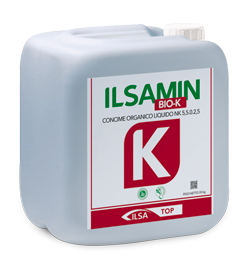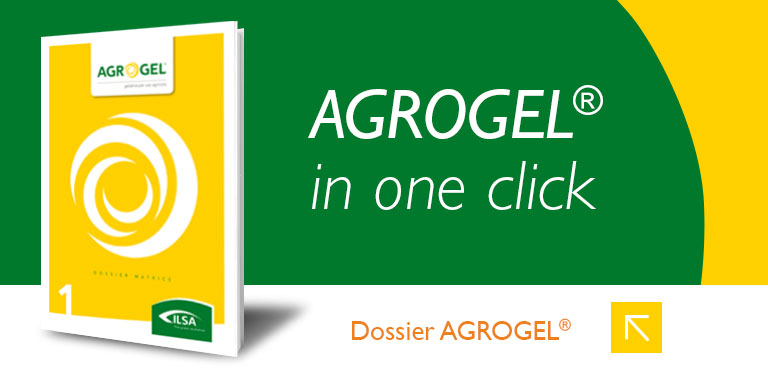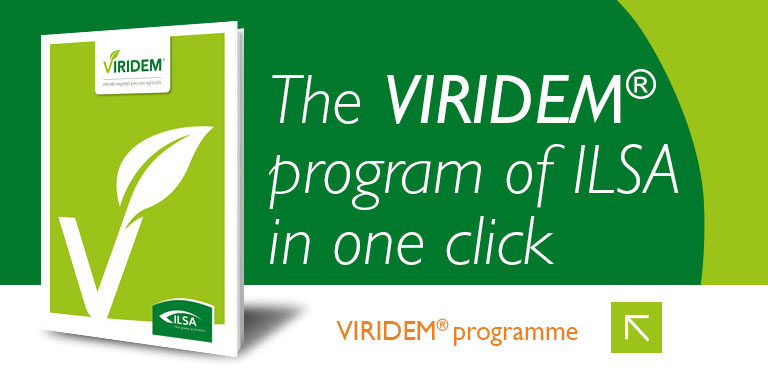NK 5,5.0.2,5
What is it?
ILSAMIN BIO-K is a nutritional speciality in a liquid formulation rich in organic Nitrogen, Amino acids, and Potassium. The fertilizer is positioned by fertigation to stimulate vegetative growth.
ILSAMIN BIO-K provides organic Nitrogen, Amino acids, Potassium, and polysaccharides essential for vegetative development and, for soil fertility, as well as the organic molecules, increase the plant tolerance against abiotic stress.
How to use it?
ILSAMIN BIO-K is indicated by fertigation on tree, fruit, and vegetable crops at the first vegetative growth and during the whole crop cycle. Using the product after fruit harvest enhances the nutrients accumulation into the sinks (buds, roots, stem, etc.).
What are the benefits?
- High nutritional efficiency;
- stimulates the plant’s vegetative-productive development even in conditions of abiotic stress;
- increases the plants’ tolerance to abiotic stress;
- enhances soil fertility and nutrients availability.
COMPOSITION
-
Total Nitrogen (N) 5,5 %
- Of which: Organic Nitrogen (N) 5,5 %
- Water soluble Potassium oxide (K2O) 2,5 %
- Organic Carbon (C) 21 %
- Total Aminoacids >28 %
- pH 6,5 +- 0,5
- DENSITY 1,23 +- 0,02 kg/dm3
- CONDUCTIVITY E.C. 1,80 +- 0,20 dS/m
Doses and methods of use of the fertilizer
-
Citrus
-
All30-35 kg/haEvery 10 to 15 days from pre-flowering to veraison
-
-
Fruit
-
Kiwi30-35 kg/haEvery 10 to 15 days from pre-flowering to veraison
-
-
GrapeVine
-
All25-30 kg/haEvery 10 to 15 days from pre-flowering to veraison
-
-
Greens and Nurseries
-
Ornamental and Floral Crops500 g/100 lt acquaDuring the cycle, every 10-12 days
-
-
Leafy vegetables
-
All20-25 kg/haFrom post-transplanting, during the cycle, every 10 days
-
-
Legumes and potatoes
-
Potato25-30 kg/haFrom initial flowering every 10 to 12 days
-
-
Olive Tree
-
All25-30 kg/haFrom post-flowering to the beginning of veraison, every 20 days
-
-
Pome fruits
-
All20-30 kg/haEvery 10 to 15 days from pre-flowering to veraison
-
-
Stone fruits
-
All20-30 kg/haEvery 10 to 15 days from pre-flowering to veraison
-
-
Vegetables
-
Brussels sprouts20-25 kg/haFrom post-transplanting to ripening, every 12-15 days20-25 kg/haFrom post-transplanting, during the cycle, every 10 days
-
Carrot20-25 kg/haDuring bulb-rhizome swelling, every 15 days
-
Cauliflower20-25 kg/haFrom post-transplanting to ripening, every 12-15 days
-
Courgette25-30 kg/haFrom post-transplanting to ripening, every 12-15 days
-
Eggplant25-30 kg/haFrom initial flowering every 10 to 12 days
-
Garlic / Scallion20-25 kg/haDuring bulb-rhizome swelling, every 15 days
-
Melon25-30 kg/haFrom post-transplanting to ripening, every 12-15 days
-
Onion20-25 kg/haDuring bulb-rhizome swelling, every 15 days
-
Pepper25-30 kg/haFrom initial flowering every 10 to 12 days
-
Savoy Cabbage20-25 kg/haFrom post-transplanting to ripening, every 12-15 days20-25 kg/haFrom post-transplanting, during the cycle, every 10 days
-
Spring Cabbage20-25 kg/haFrom post-transplanting to ripening, every 12-15 days20-25 kg/haFrom post-transplanting, during the cycle, every 10 days
-
Strawberry25-30 kg/haFrom post-transplanting to ripening, every 12-15 days
-
Tomato25-30 kg/haFrom initial flowering every 10 to 12 days
-
Turnip20-25 kg/haFrom post-transplanting to ripening, every 12-15 days
-
Turnip Tops20-25 kg/haFrom post-transplanting, during the cycle, every 10 days
-
Dosages are purely indicative and may vary depending on pedoclimatic conditions and average yields expected.













.png)
















